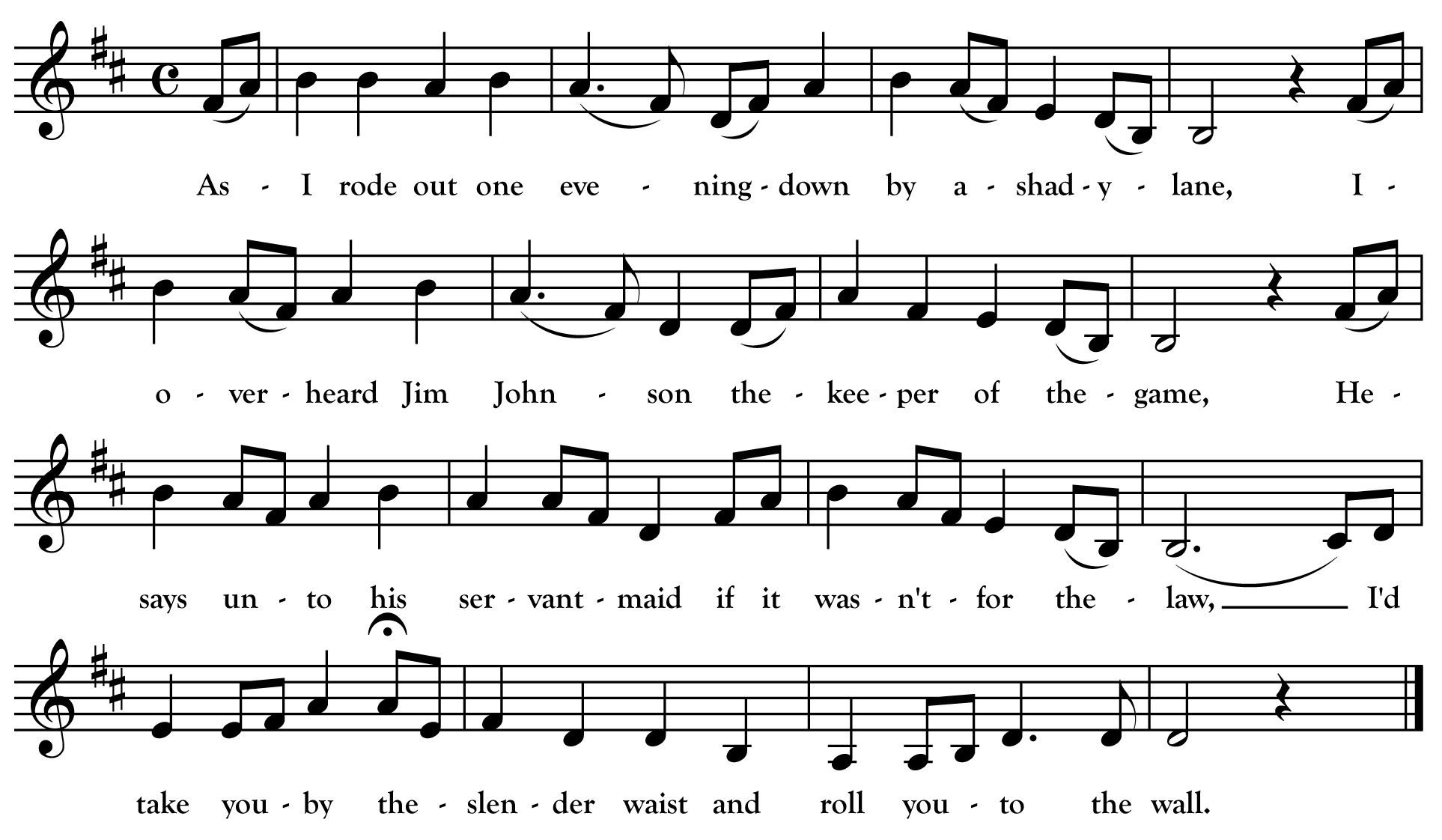The Gallagher Boys

Come all brother sailors I hope you’ll draw nigh,
For to hear of the sad news, it will cause you to cry,
Of noble Johnny Gallagher, who sailed to and fro,
He was lost on Lake Michigan where the stormy winds blow.
It was in October in seventy three,
We left Beaver harbor and had a calm sea,
Bound away to Traverse City, our destination to go,
We were crossing Lake Michigan where the stormy winds blow.
We left Traverse City at nine the next day
And down to Elk Rapids we then bore our way,
We took in our store and to sea we did go,
We were crossing Lake Michigan where the stormy winds blow.
At nine that same night a light we did spy,
That is Beaver Island, we are drawing nigh,
We carried all sails, the Lookout, she did go,
We were crossing Lake Michigan where the stormy winds blow.
Oh Johnny got up and he spoke to his crew,
He says, “My brave boys, now be steady and true,
Stand by your fore halyards, let your main halyards to,
There’s a squall on Lake Michigan where the stormy winds blow.”
The Lookout’s she’s a-runnin’ before a hard gale.
Upset went her rudder and overboard went her sail,
The billows were foaming like mountains of snow.
We shall ne’er cross Lake Michigan where the stormy winds blow.
Says Owen, “Brother Johnny, it grieves my heart sore,
To think we will never return to the shore,
God help our poor parents, their tears down will flow,
For we’ll sleep in Lake Michigan where the stormy winds blow.”
I am looking forward to a talk on the Irish music of Beaver Island, Michigan that I will be giving in June at the Center for Irish Music’s Minnesota Irish Music Weekend! In anticipation of that, I thought I would share song composed on Beaver Island this month: “The Gallagher Boys.”
Island singer Dominick Gallagher was six years old in 1873 when word came to the island that a boat went down in a gale while making the 70 mile return trip from a supply run to Traverse City. Dominick’s own father, Dominick Sr., had left on the same boat and was assumed to be among the lost.
“…when the news came and the report was that all hands was lost, I remember runnin’ and hangin’ around mother. I couldn’t realize what they were all cryin’ about. I had six sisters and they were all home and they were all cryin’, too. That night they had a wake and all, just as though he was there, and all the next day the neighbors came around.”
(transcribed from this recording)
-Dominick Gallagher to Alan Lomax, 1938
Miraculously, Dominick Sr. returned the next day. His friend Captain Roddy had also been in Traverse City and had convinced him not to make the crossing. Still, the Beaver Islanders who did venture out (including a Johnny Gallagher) were lost and the above song was composed shortly after by local song-maker Dan Malloy.
Above is my transcription of Dominick’s own melody and four verse text as sung for Lomax with the addition of three verses (1, 4 and 5 above) that were sung that same year by fellow Islander Johnny Green who had a much longer version of the song.


